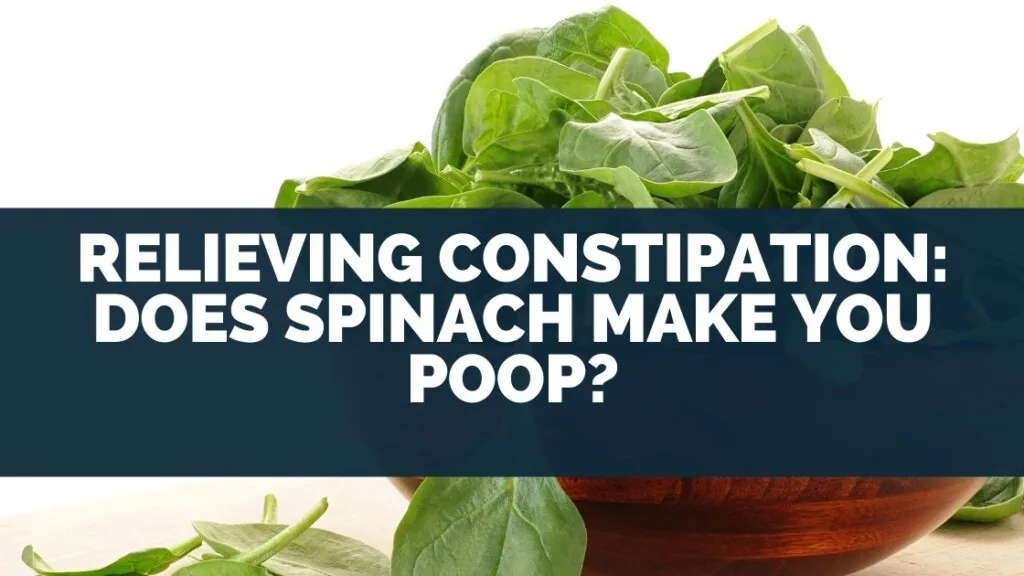
Constipation is a common and uncomfortable issue that affects many people. When we don’t go to the bathroom regularly, our stool becomes hard and difficult to pass.
This can lead to abdominal pain and bloating.
A diet high in fiber promotes regular bowel movements, but not everyone likes eating vegetables, let alone eating salad every day. Luckily, there are other foods that can have the same effects.
Table of Contents
What is Constipation?

An inability to have a bowel movement is a common complaint, especially in older adults. Constipation occurs when the colon absorbs too much water from stool, making it difficult to pass. It can be uncomfortable and lead to abdominal bloating, pain, nausea, and lethargy.
In extreme cases, constipation can cause blockages that require medical treatment.
Constipation can be caused by a number of different factors. The most common causes are inadequate fiber intake, dehydration, not drinking enough water throughout the day, lack of exercise, medications, and travel.
It’s important to figure out what is causing your constipation so you can treat it accordingly with over-the-counter (OTC) and prescription medications, and make changes to your diet.
Can Spinach Relieve Constipation?
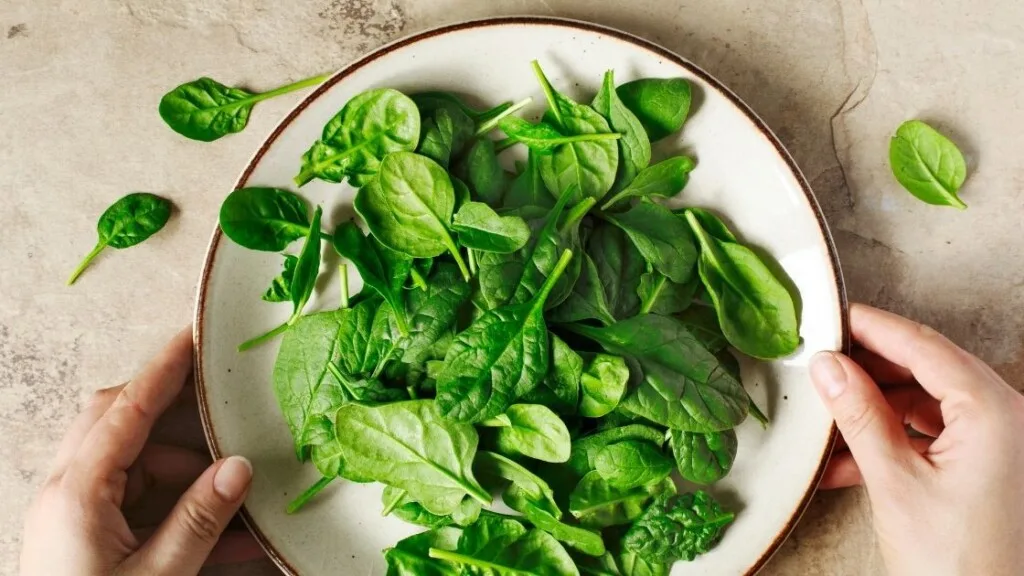
Spinach is one of those foods that can act as a natural laxative. It contains high amounts of fiber, which absorbs water and expands in the intestine to help the stool move through quickly.
Spinach also contains magnesium, which stimulates muscles in the bowels to contract, allowing for easier passage of feces.
However, it takes at least 3 servings of spinach per day to induce the bowel movement effect.
To use spinach for constipation relief, you can juice it (insert it into a juicer) or saute it in olive oil. This allows your body to absorb more nutrients that may help with constipation.
It is also easier on the stomach than solid raw spinach.
Spinach will not actually cure the cause of your constipation, but it can help you pass a bowel movement without using laxatives or enemas.
These other remedies may be more effective in the long term, as they address the source of your constipation, which may be that your digestive system is not working properly.
If you suffer from chronic constipation, talk to your doctor about your diet and eating habits to determine a proper treatment option.
Does Spinach Make You Poop?
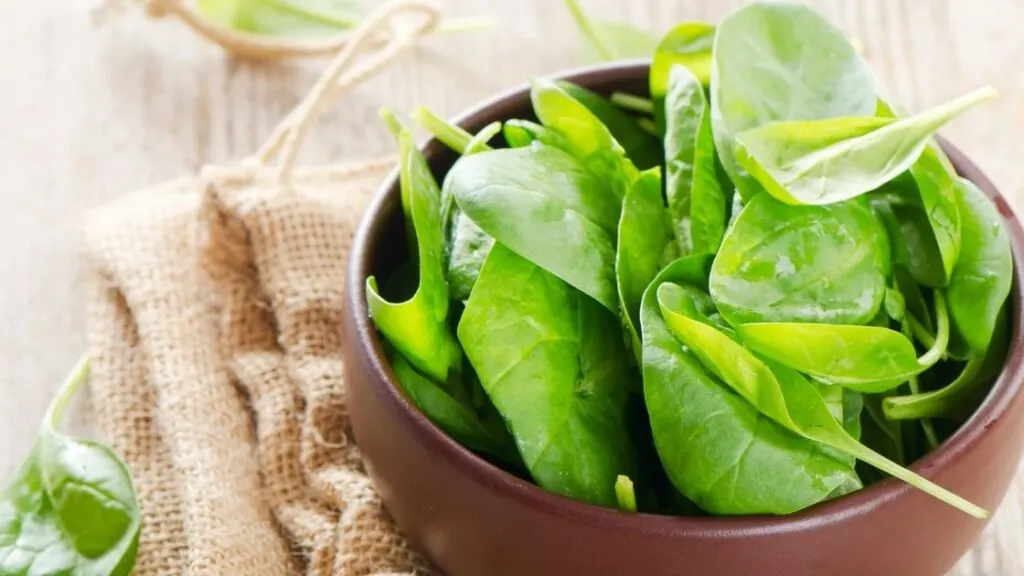
Spinach is a leafy green vegetable that is frequently used in salads and other nutritious recipes. There are numerous vitamins and minerals in it, as well as a lot of fiber.
There is a significant proportion of insoluble fiber in spinach, which means that it does not dissolve in water. This type of fiber aids in the promotion of bowel movement by increasing the size of the stool, which makes it easier for your body to expel waste.
Spinach, on the other hand, includes a chemical known as oxalic acid, which has been shown to reduce the body’s ability to absorb specific vitamins and minerals from meals.
When spinach is ingested in tiny amounts as part of a well-balanced diet, the fiber included in it has no harmful impact on your digestive system, according to research.
Furthermore, unless you consume huge quantities of spinach, the oxalic acid found in it is not hazardous to your health.
You can also check: Does Athletic Greens Make You Poop?
Preparing Spinach
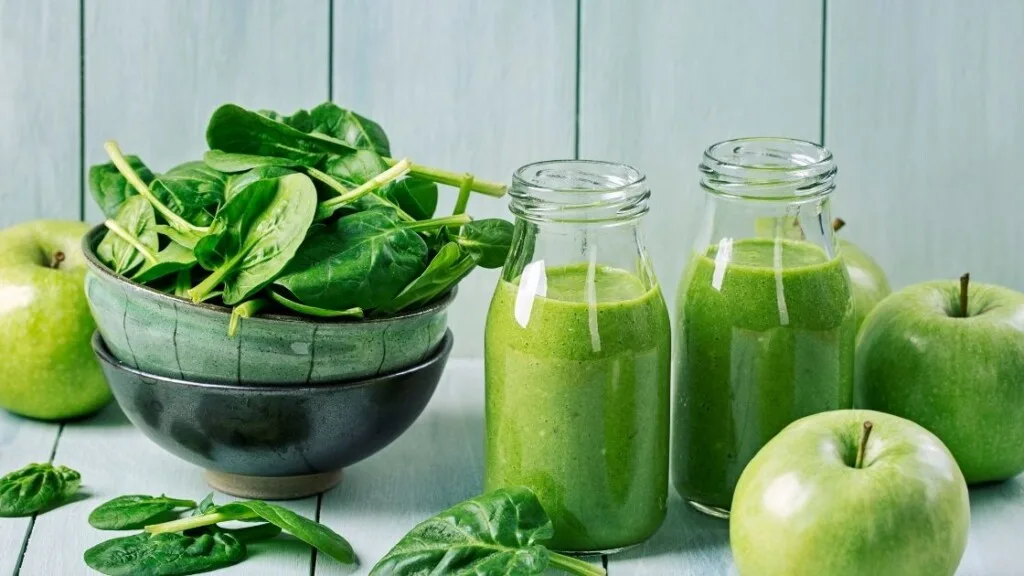
Spinach, eaten raw or lightly cooked, is good for your digestive system because it has high amounts of fiber which fills you up and makes you feel less hungry. Raw spinach can be included in sandwiches and salads. It can also be used to make juices and smoothies.
Do not include too much spinach in your diet if you are affected by digestive issues such as irritable bowel syndrome (IBS) and other conditions involving constipation, bloating, and stomach pain. Also, be sure to speak to your doctor before using spinach as a constipation treatment if you are taking any medications or supplements as they can interfere with the absorption of certain nutrients.
Spinach is a good source of fiber and can be included in a healthy diet. It does not cause major problems for most people, but those with digestive conditions should not consume too much spinach as it may worsen their symptoms.
You can also read: How Much Spinach A Day Is Safe?
How to Make Spinach Laxative?
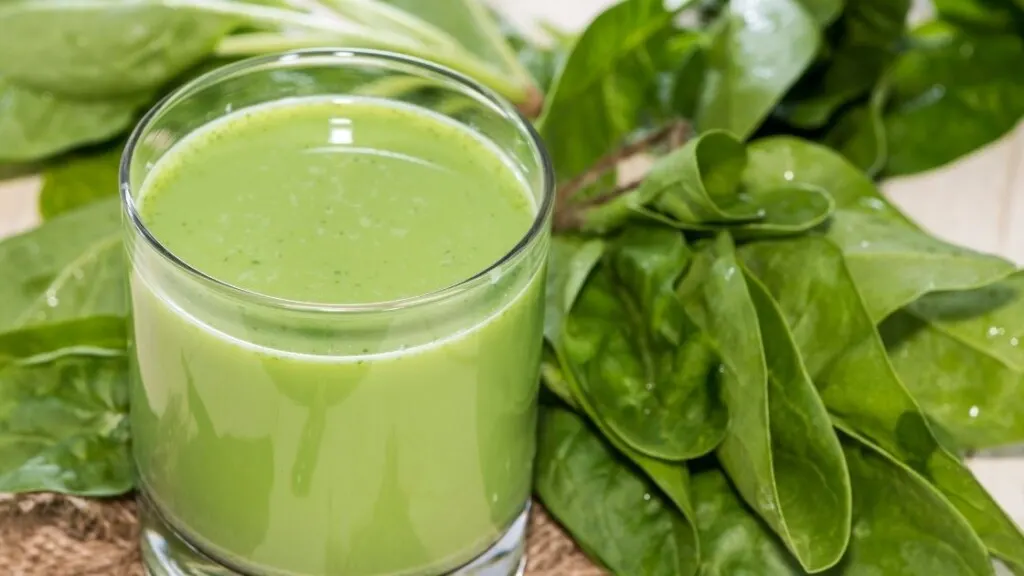
You can use spinach as a laxative by juicing it or cooking it. To juice, you must first remove the stems and big veins from the leaves. Then, use a juicer to extract about two cups of fresh juice. Drink this spinach juice in the morning on an empty stomach to prevent any discomfort in your stomach.
You can also use the spinach leaves to make a tea that is used for constipation relief. You will need about one cup of dried or two cups of fresh leaves and some water to do this treatment.
Boil the leaves with five cups of water in a pot and let it simmer for 10 minutes.
Then, remove the pot from the stove, cover it and let it stand for another five minutes. Finally, strain the liquid into a cup and drink it warm. You can drink this tea up to four times per day until you achieve results.
Spinach is an effective laxative because it contains high amounts of fiber that can help move waste out of your digestive tract. However, spinach may not be the best method of constipation treatment for people who are affected by chronic constipation because it does not address the underlying causes of this condition.
Final Thoughts
Spinach is full of fiber, which helps keep you regular by adding bulk to your stool. However, spinach also contains oxalic acid, which may interfere with the body’s ability to absorb certain nutrients.
If you are affected by digestive issues such as irritable bowel syndrome (IBS) or other conditions involving constipation, bloating, and stomach pain, spinach should be eaten in moderation.
Spinach is a safe bowel regularity treatment for most healthy people. However, those with chronic constipation may find better results with other methods of constipation relief such as fiber supplements and drinking more water.

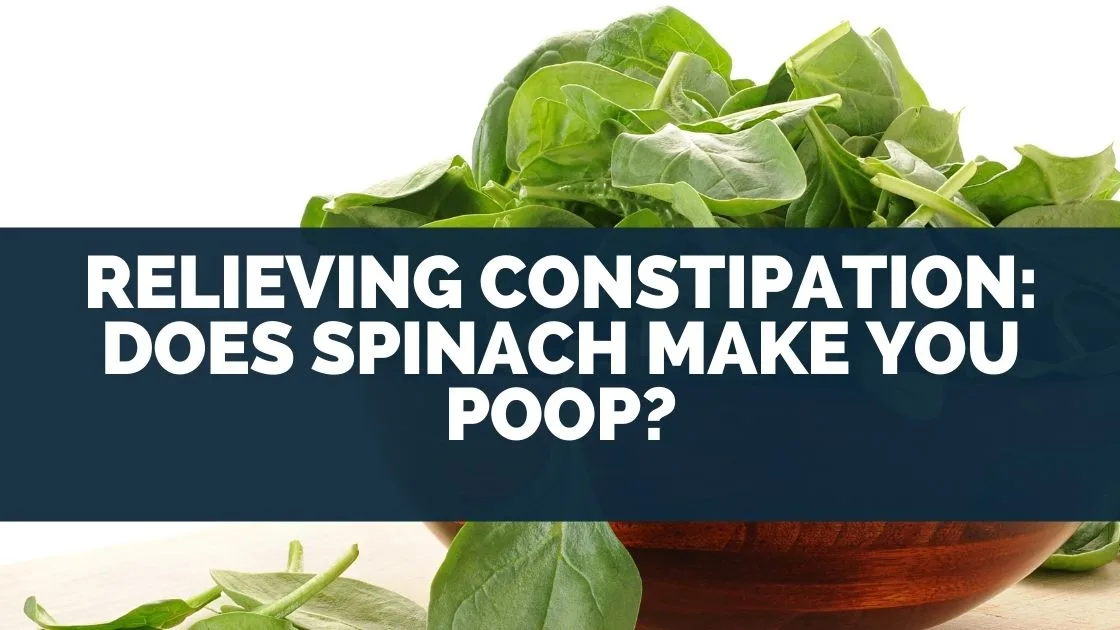
Leave a comment